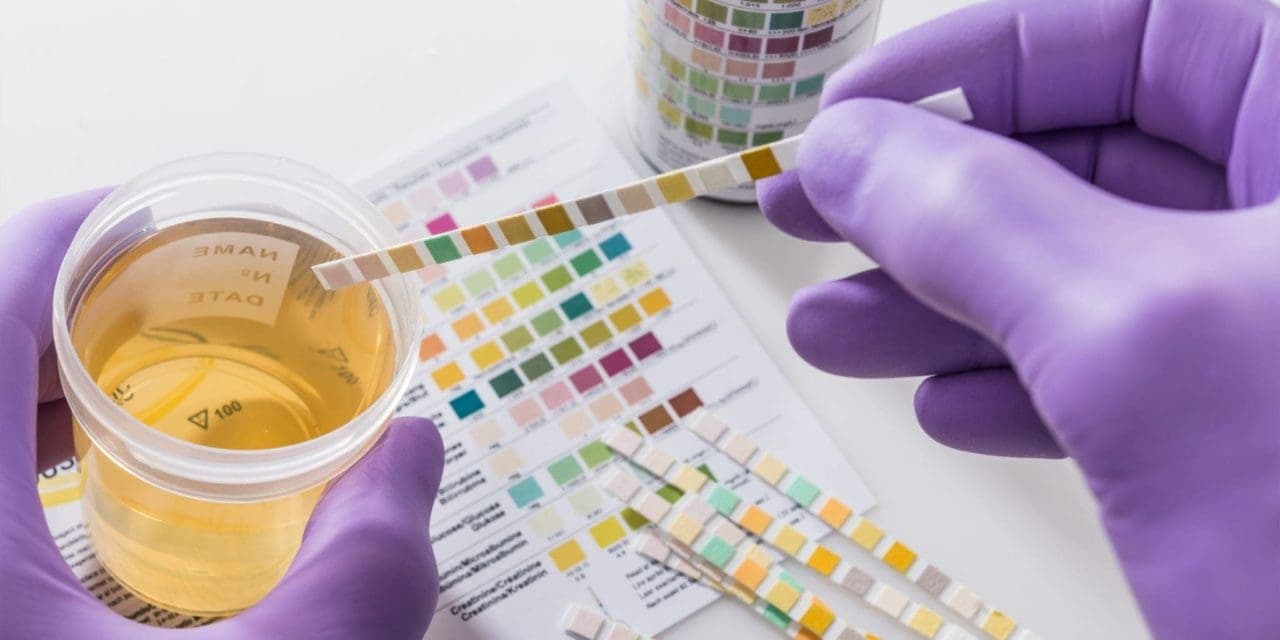Cannabis for Athletic Injuries: Does It Help or Hurt?

Article written by

Elena Schmidt
Content reviewed by

Dr. Lewis Jassey
Countless pharmaceuticals, compounds, and supplements promise to help athletes perform at optimal levels and quickly recover from injuries. Cannabis is no different. In fact, many professional athletes use cannabis for their various aches and pains.
Denver Nuggets basketball player Kenyon Martin estimates that 85% of NBA players use cannabis. Ex-Philadelphia Flyers enforcer Riley Cote believes at least half of NHL players do the same. And Dallas Cowboys’ Martellus Bennett claims nearly 90% of National Football League athletes use marijuana for pain relief.
But does it actually work? Does science back these claims? Anecdotally, cannabis helps athletes ease sports-related injuries and post-competition pain. Scientifically, marijuana exhibits injury recovery properties, but researchers must continue exploring the cannabis plant’s therapeutic potential for definitive clinical proof.
Get your medical marijuana card
Cannabis Use Among Athletes
If the claims above are true, professional football, hockey, and basketball players overwhelmingly use cannabis to recover from sports injuries. But what about other elite athletes?
Peer-reviewed research published by Plos One examined survey results from a cohort of 1,161 athletes to determine cannabis use patterns and subjective effects. Survey participants were predominantly male triathletes who exercised at or over 11 hours weekly. In total, 67% reported using cannabis at some point, while 26% reported being current cannabis users.
In an article for Bleacher Report, a reporter interviewed 12 retired professional athletes. Seven (58%) shared that they used cannabis during their careers, citing pain relief, anxiety, and insomnia as the main reasons for consumption.
These reports suggest that many athletes use cannabis as part of their regimen for injuries, sleep, pain, and mental health.
Can Cannabis Help Injured Athletes Recover Faster?
Medicinal cannabis research surrounding athlete injury recovery yields mixed conclusions. Some studies report that cannabinoids like cannabidiol (CBD) offer relief for injured athletes through anti-inflammatory support. Additionally, THC may interact with pain receptors to block certain sensations and make people less bothered by pain through its euphoric effects.
But pain is partly a subjective experience that’s difficult to measure, making scientific assessments challenging. Despite pain research limitations, reports show a significant correlation between cannabis consumption and positive improvements in athletic injuries for various reasons. Most research focuses on CBD.
In a 2021 study, researchers examined CBD’s role in athletic recovery. The study deduced that athletes extensively use CBD, which may help treat chronic pain, spasticity, mood and sleep disorders, inflammation, and anxiety. They believe these effects could improve or accelerate recovery caused by prolonged or intense physical activity through sports.
The authors note, “Since training and competition leads to a structural and functional imbalance due to strenuous effort, CBD intake could potentially promote restoration of physical performance.”
Still, the team suggested that researchers conduct more high-quality scientific studies before sports science and exercise medicine gives recommendations regarding dosage and frequency of consumption for injured athletes.
Other Uses for Cannabis in Athletics
Athletes can benefit from incorporating cannabis products into their routine for various therapeutic applications. Cannabis contains anti-inflammatory properties. It’s also a neuroprotectant, as studies demonstrate that CBD and THC act as potent neurological antioxidants.
For athletes in contact sports such as football, hockey, or martial arts, where head injuries and concussions are common, cannabis could help protect against neurological damage from traumatic brain injuries.
Medicinal cannabis research and user reports indicate cannabis consumption may also increase focus for certain people, decrease anxiety, support deeper sleep, and calm muscle spasticity. All of which are vital components of an athlete’s overall performance.
Cannabis for Anxiety
A survey of 368 cannabis users and 170 controls asked participants to assess anxiety and depressive symptoms, cannabis use, sleep, quality of life, and chronic pain. The results showed that medicinal cannabis use was associated with lower self-reported depression, superior sleep, a better quality of life, and less pain on average. During the follow-up period, participants reported significant decreases in depressive and anxiety-related symptoms.
Cannabis as a Sleep aid
Studies examining cannabis as a sleep aid suggest that cannabinoids, such as THC alone or in combination with CBD, improve self-reported sleep scores, increasing sleep duration and decreasing the number of times individuals wake during sleep. Additionally, THC, at low doses, is associated with greater ease of falling asleep.
Sleep is imperative for bodies to heal and function, so using cannabis as a night-time aid may help athletes perform at their optimal capacities.
Limitations
Clinical trials do not definitively prove marijuana’s potential athletic benefits. In fact, several reports indicate that cannabis, primarily when used chronically and at high doses, can exacerbate anxiety, create confusion, and impair short-term memory. All of which can negatively affect athletic performance. For best results, athletes should experiment with various strains (cultivars), CBD and THC potency ratios, and dosing protocols to find their sweet spot (“therapeutic zone”).
The Bottom Line
Scientific research and anecdotal reports suggest the athletic community overwhelmingly uses cannabis for injury recovery, mood, and sleep. By providing anti-inflammatory relief, cannabis may relieve pain from injuries or overexertion following prolonged training (and may reduce the amount of conventional pain medicine an athlete has to take). As a sleep aid, cannabis can help athletes fall asleep faster, lowering arousal throughout the night.
The breadth of research also suggests that cannabis acts as a neuroprotectant through its powerful antioxidant properties, an essential factor for athletes regularly engaging in contact sports.
Anecdotally, many professional athletes turn to marijuana use to combat anxiety before games, to enhance focus, and to stave off the physiological side effects of hard athletic training and competition. Overall, it’s fair to say that cannabis can help individuals recover from athletic injuries.
So, whether you’re a weekend warrior or a professional athlete, using medical marijuana for pain management may be worth a try. Connect with Leafwell today to sign up for a medical marijuana card in your state.

